OpenAI CEO Sam Altman said the company has no plans to sue Chinese AI startup DeepSeek at this time.
Speaking to reporters in Tokyo, Japan, CEO Sam Altman said OpenAI has no plans to sue DeepSeek “right now.” Instead, the company continues to develop its products and lead the world with advanced AI models.
He said DeepSeek was an impressive model, but OpenAI would take things further and deliver better products. “We’re glad to have more competition,” he said.
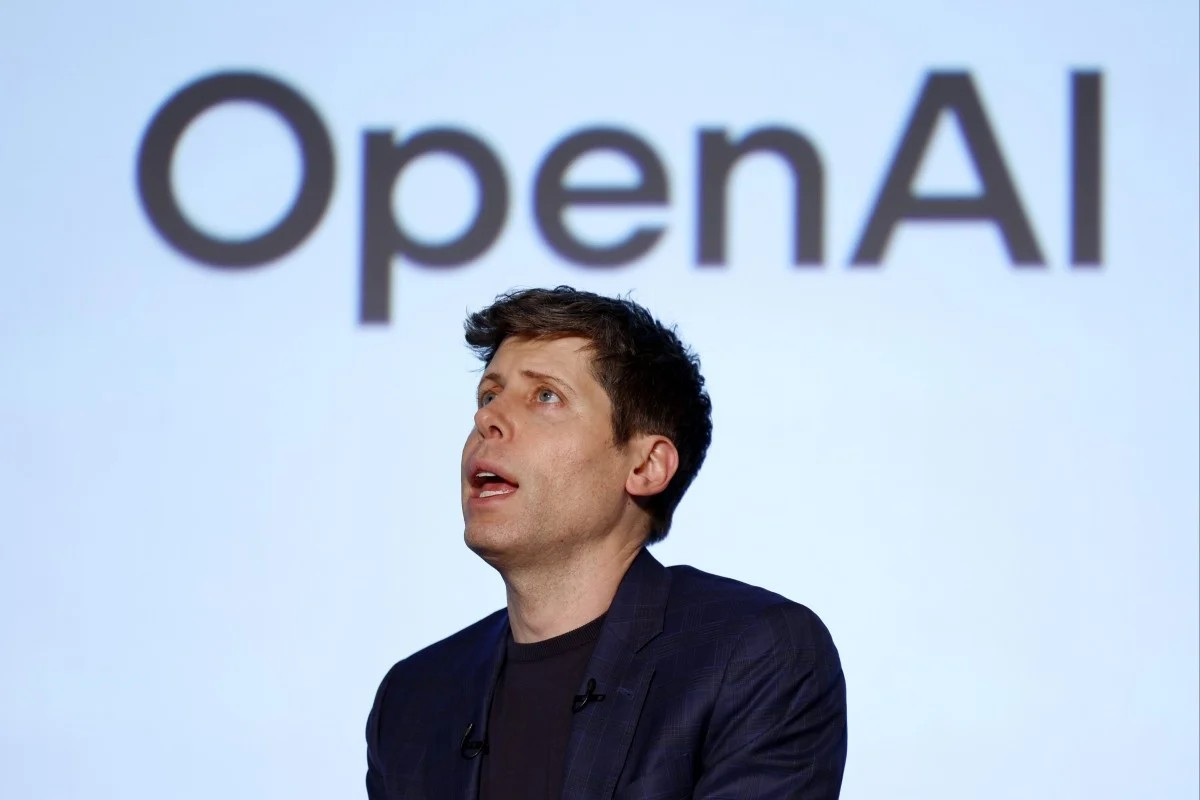
In early 2025, DeepSeek stunned the global technology world with two open source models, possessing capabilities that are not inferior to Western competitors but development costs are said to be much lower.
The startup has also been controversial with accusations of “stealing” from AI models like OpenAI’s.
According to ChatGPT's developers, their competitors are using a “distillation” process, in which smaller models learn from larger models by mimicking behavior and decision-making patterns, similar to how students learn from teachers.
However, OpenAI itself has also faced other accusations related to intellectual property infringement, mainly due to its use of copyrighted content when training generative AI models.
OpenAI said it had some evidence of “distillation” behavior from DeepSeek, and that DeepSeek’s use of this process to create a competitor to ChatGPT violated OpenAI’s terms of service.
David Sacks, AI and cryptocurrency advisor to US President Donald Trump, also said that it is “possible” that intellectual property theft has occurred.
On social network X, he commented that DeepSeek R1 “shows that the AI race will be very competitive” and that he “believes in America but we cannot be complacent”.
(According to SCMP)
Source: https://vietnamnet.vn/openai-chua-co-ke-hoach-kien-deepseek-2368341.html





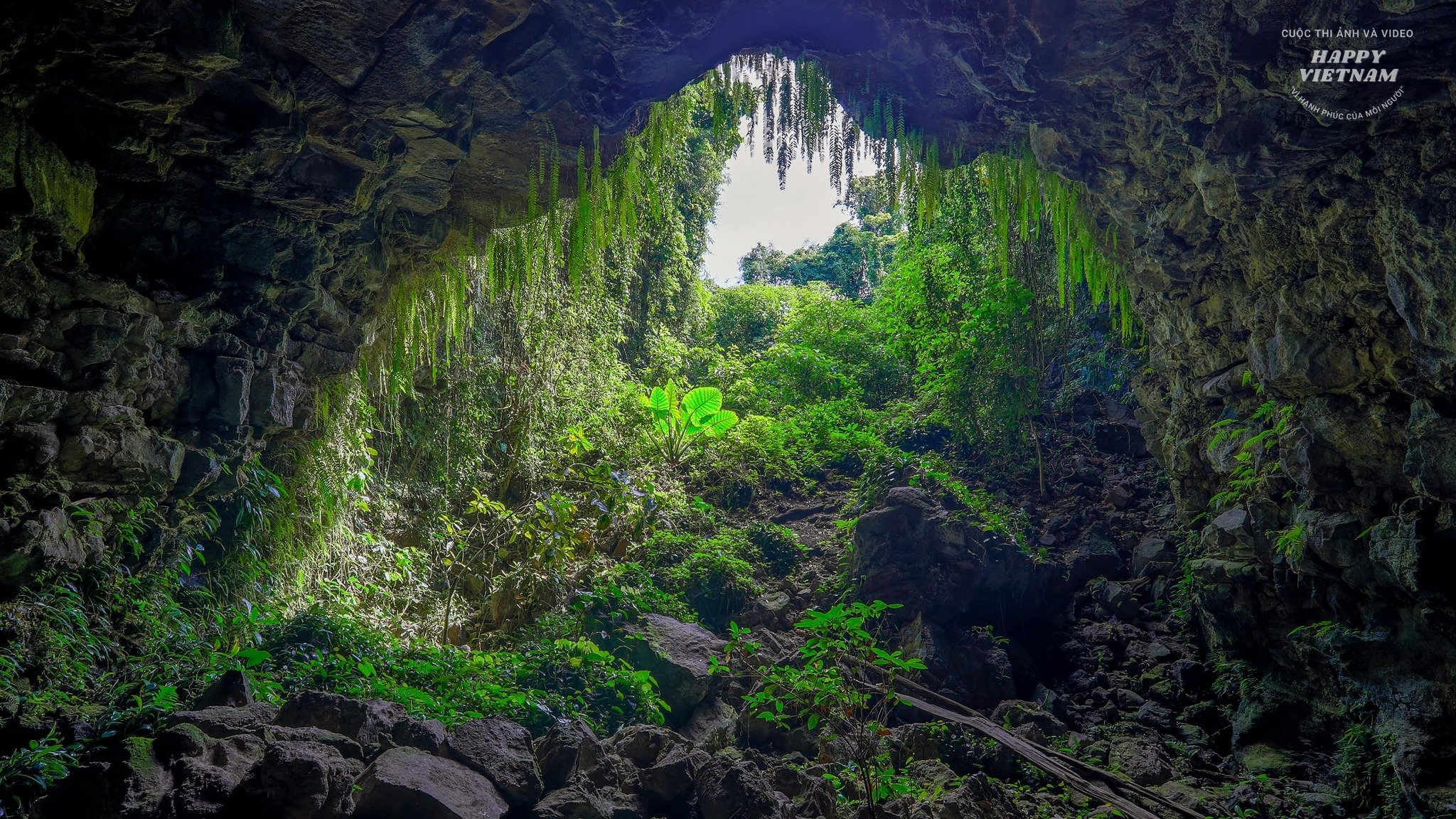

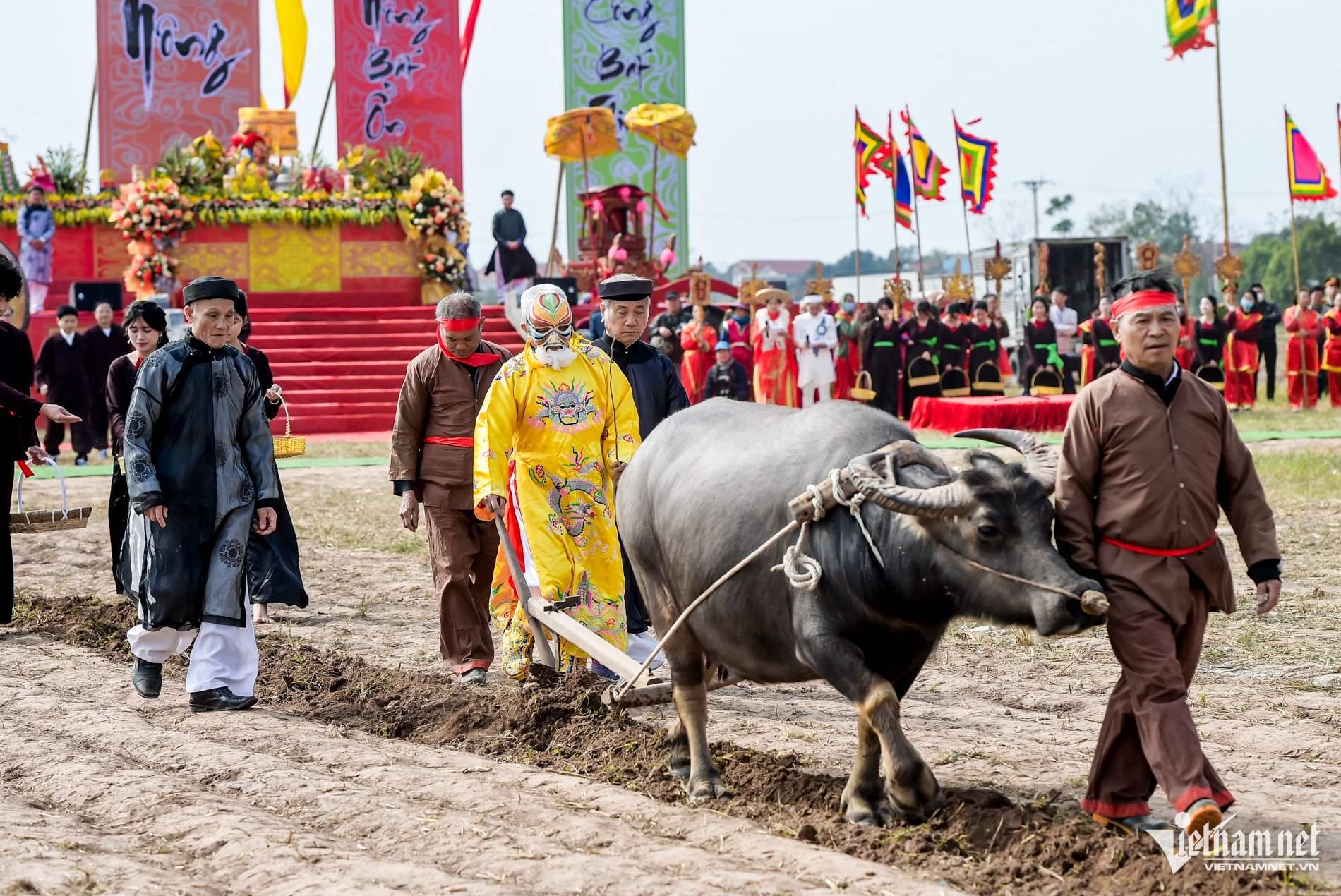














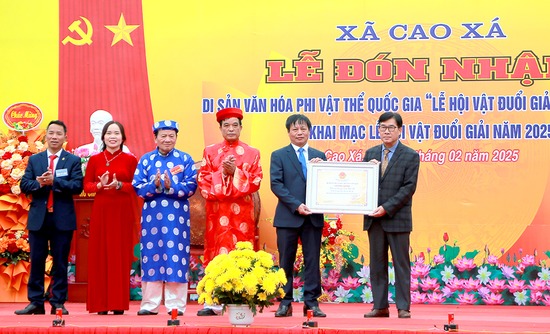

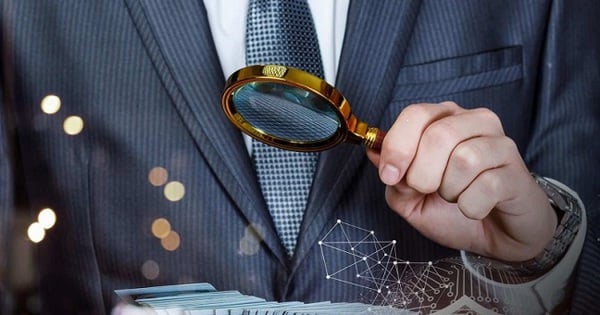



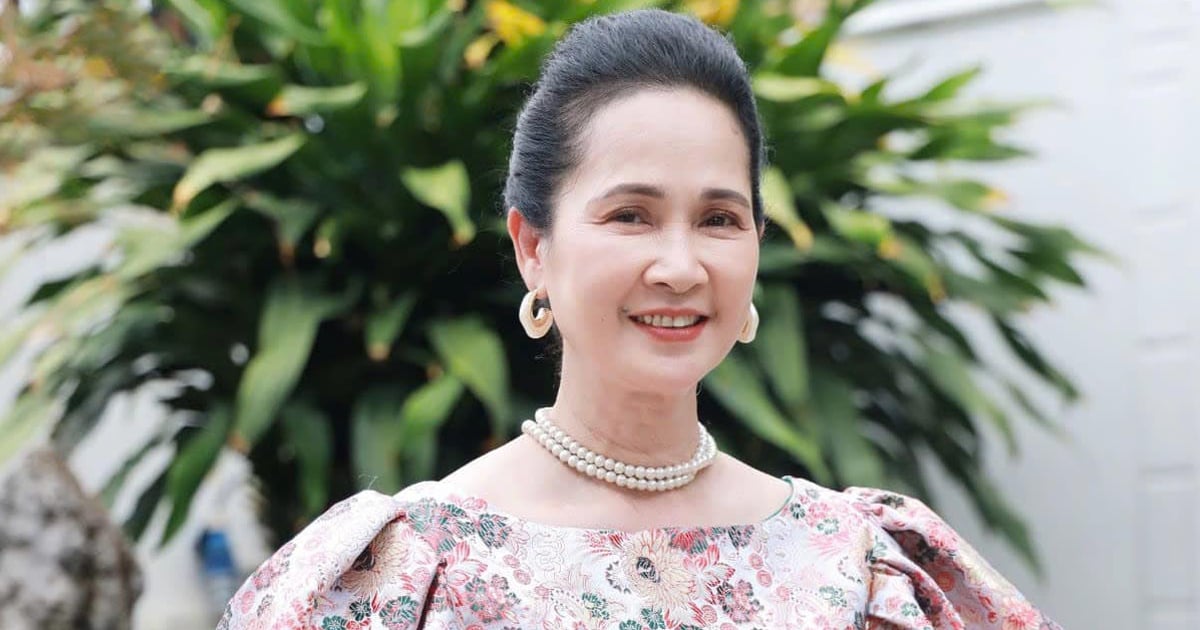

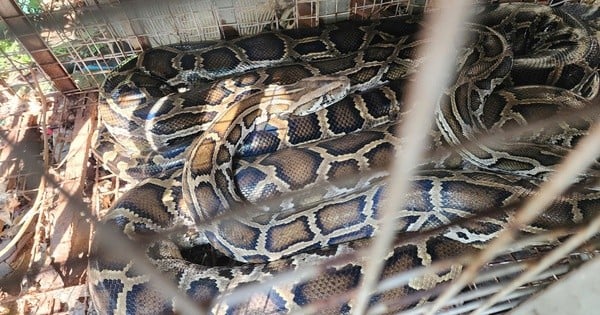

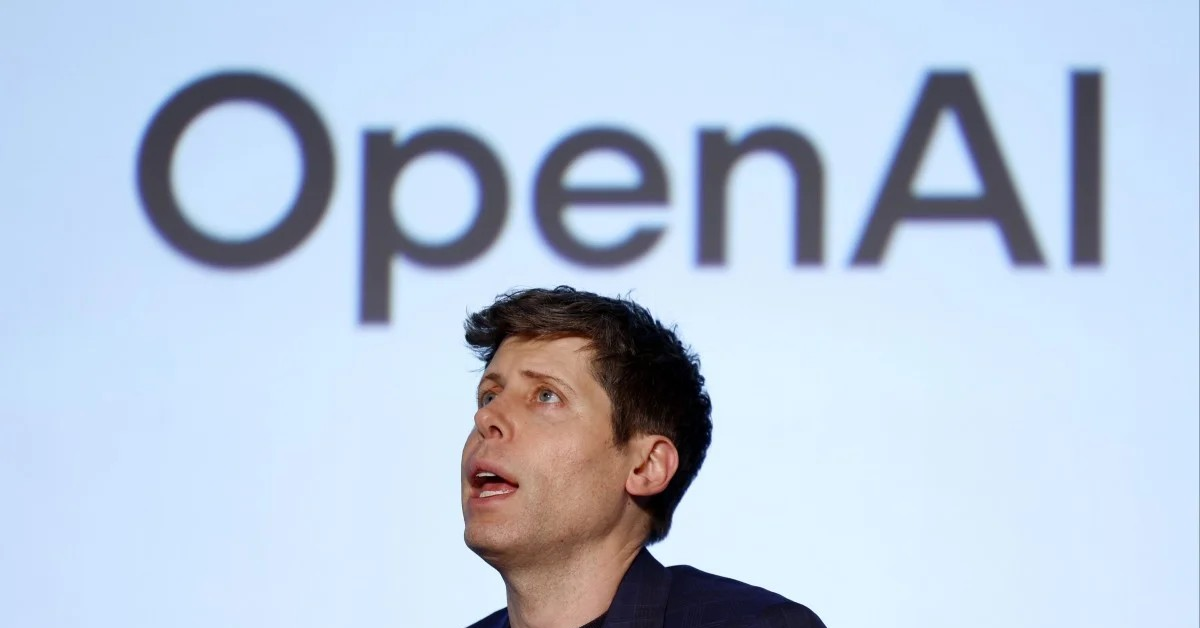
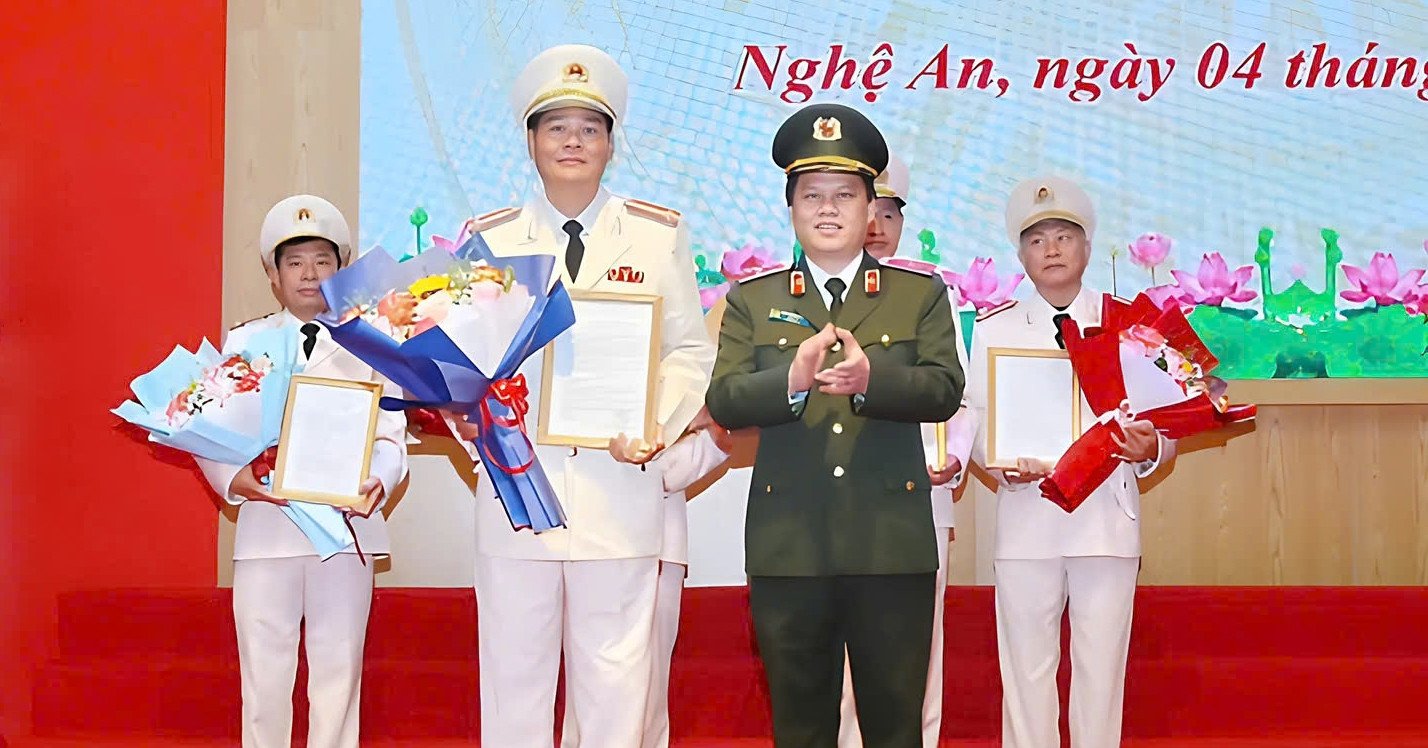

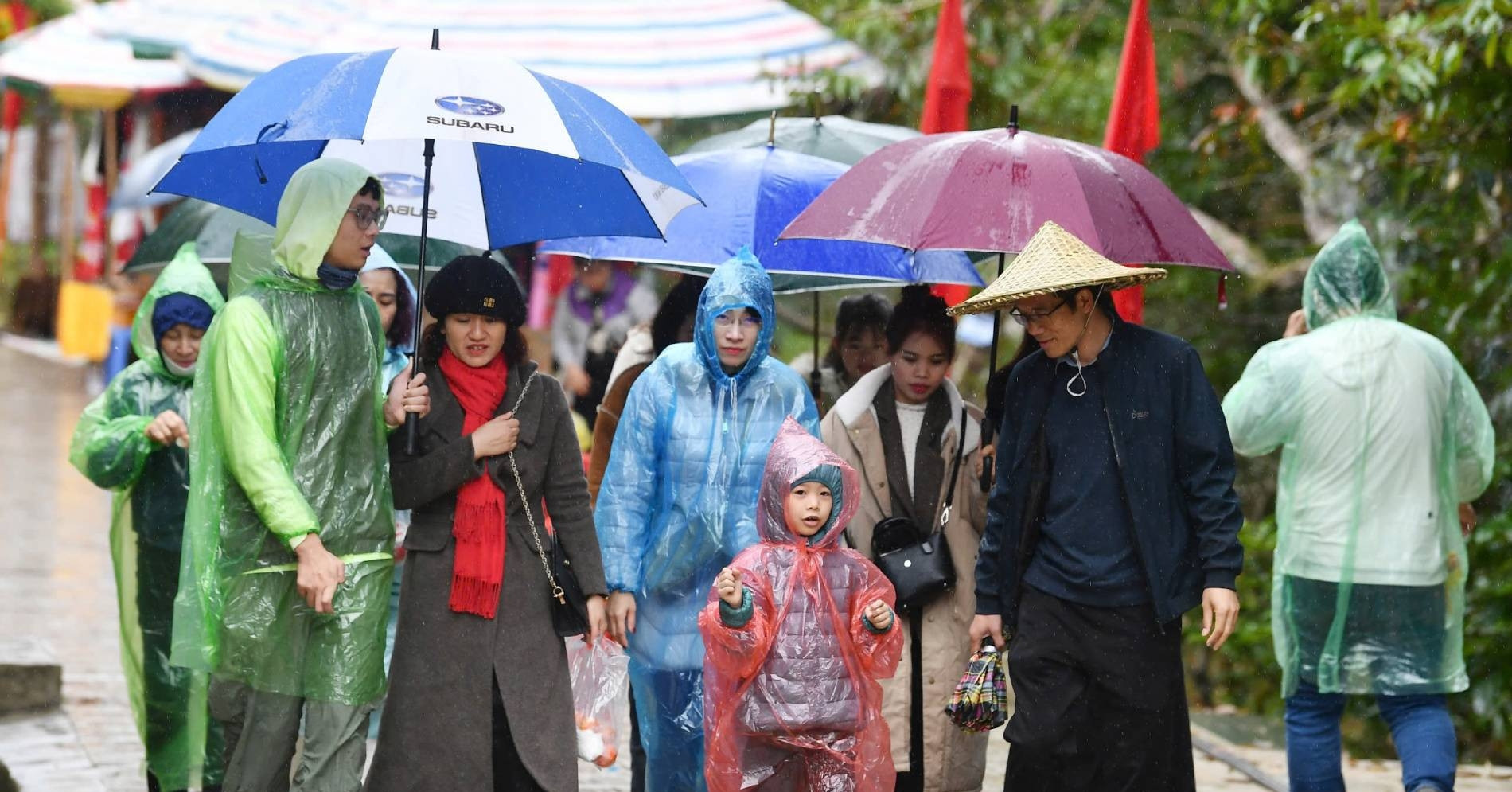
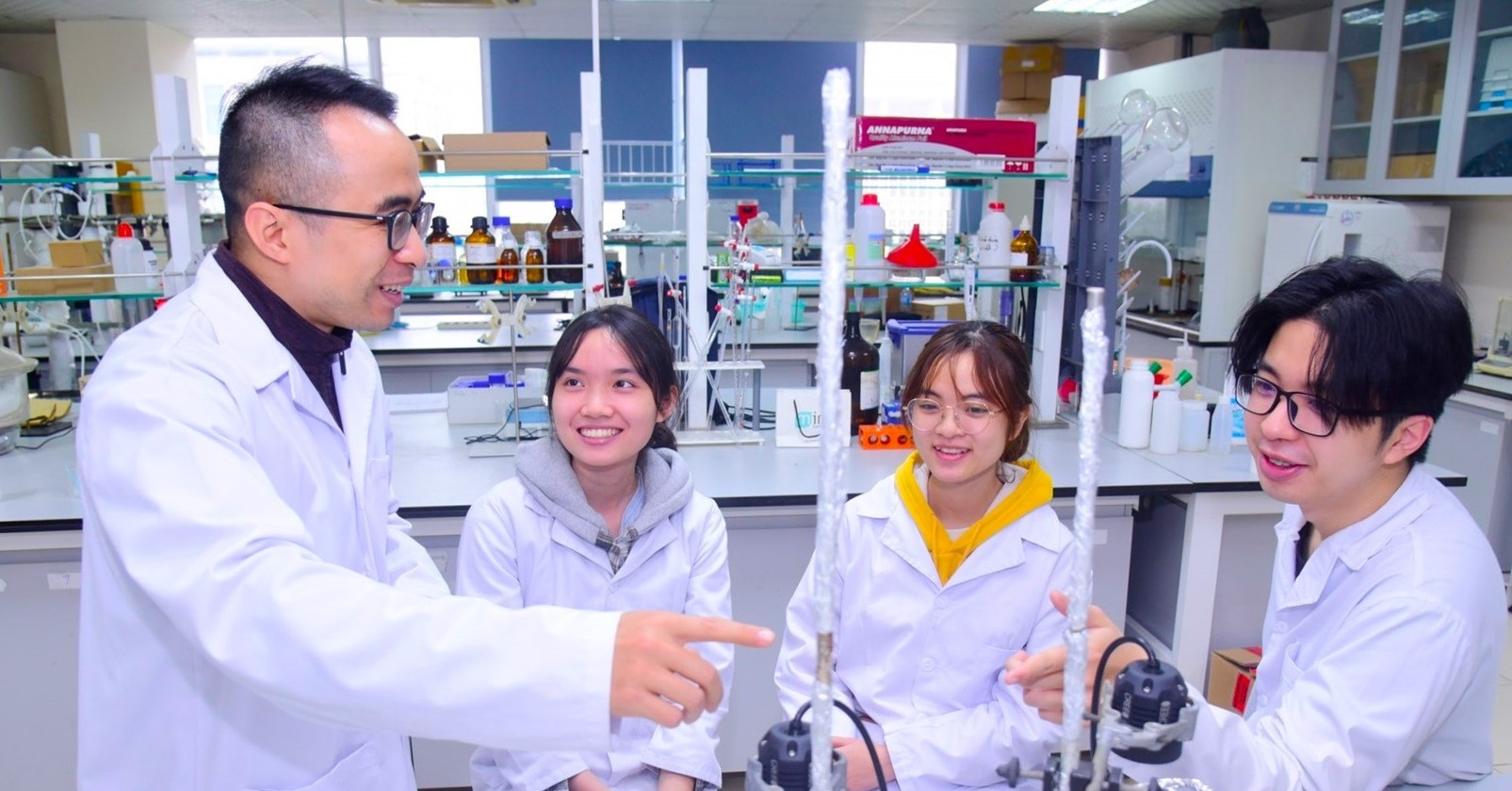
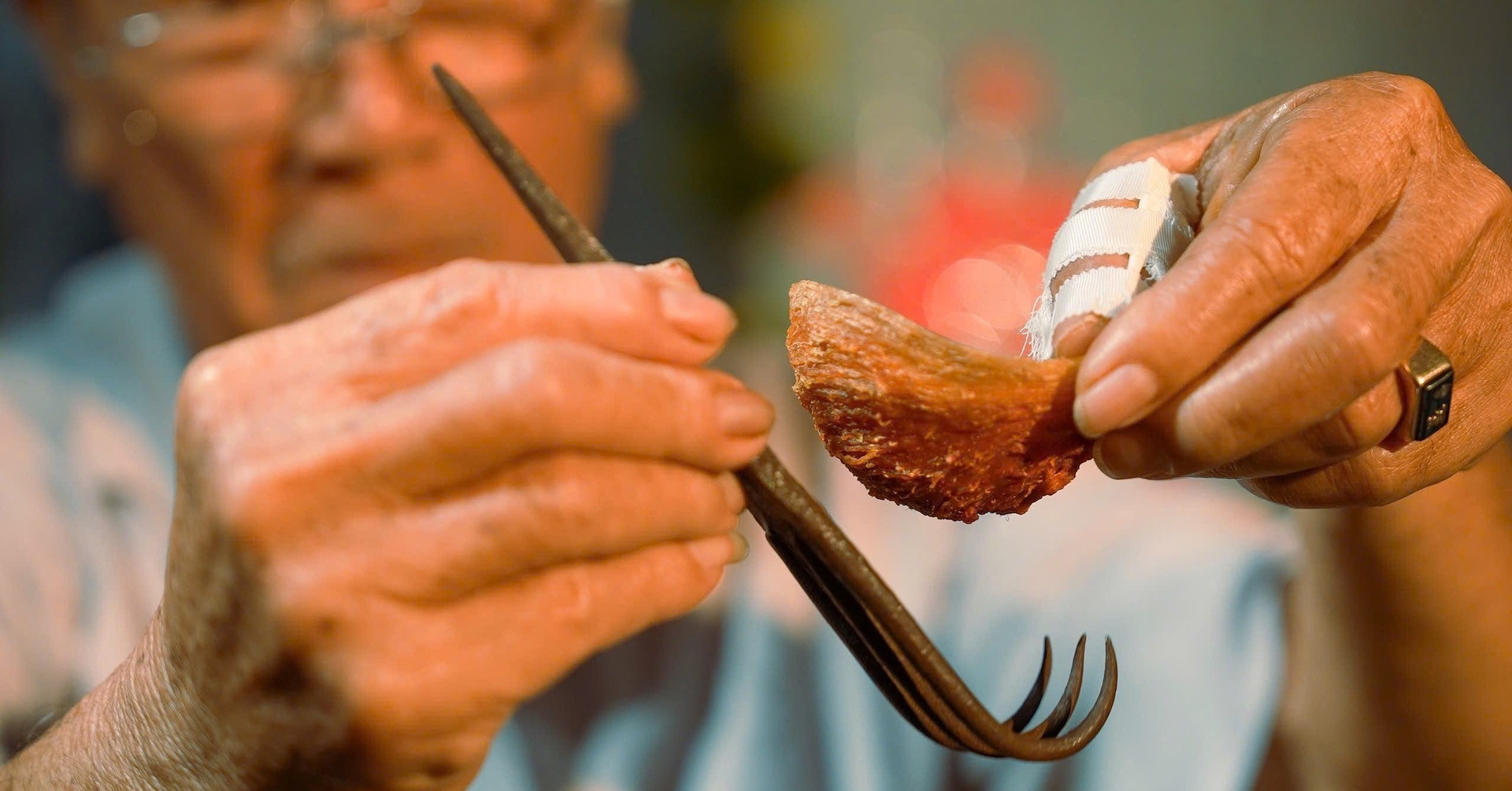

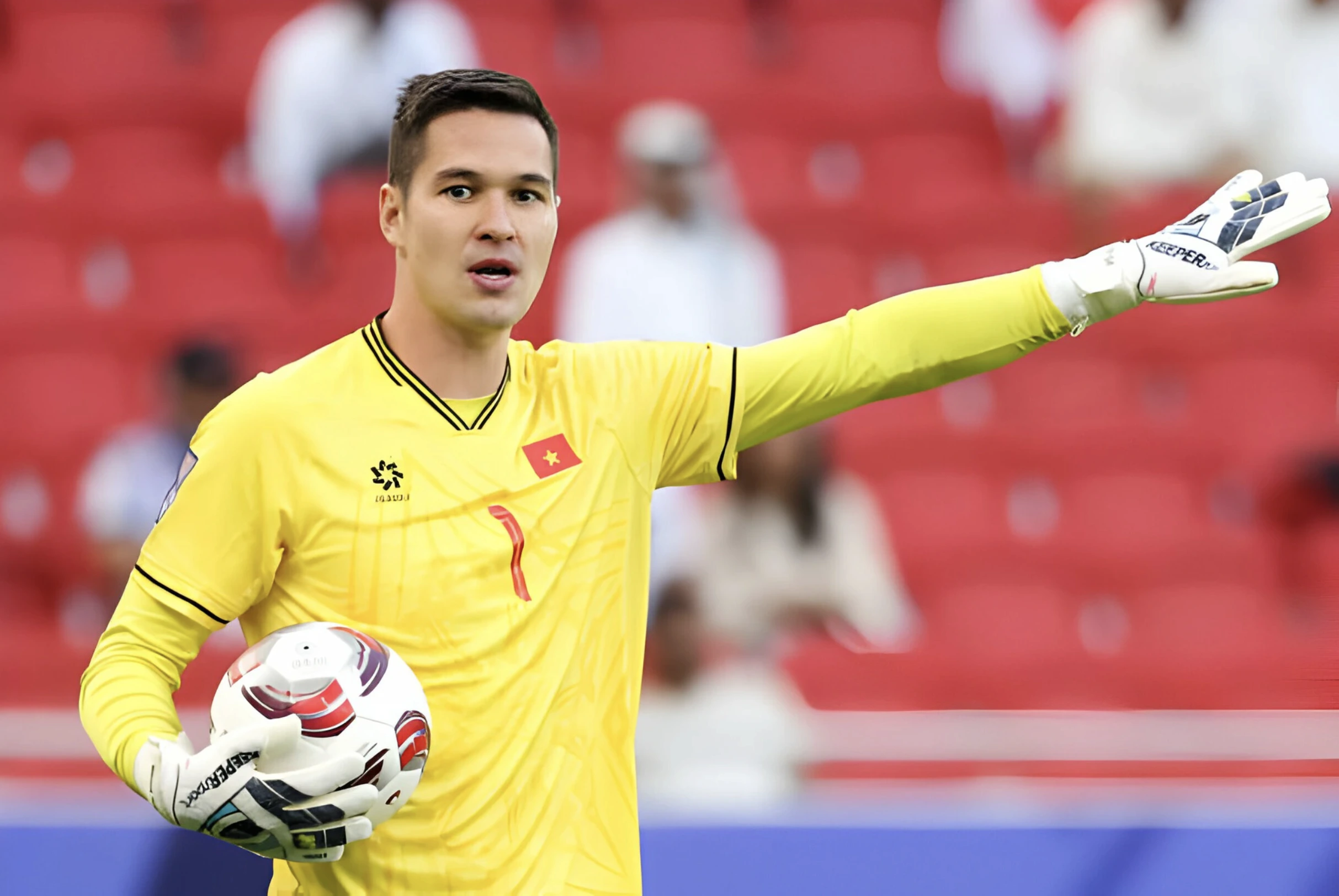
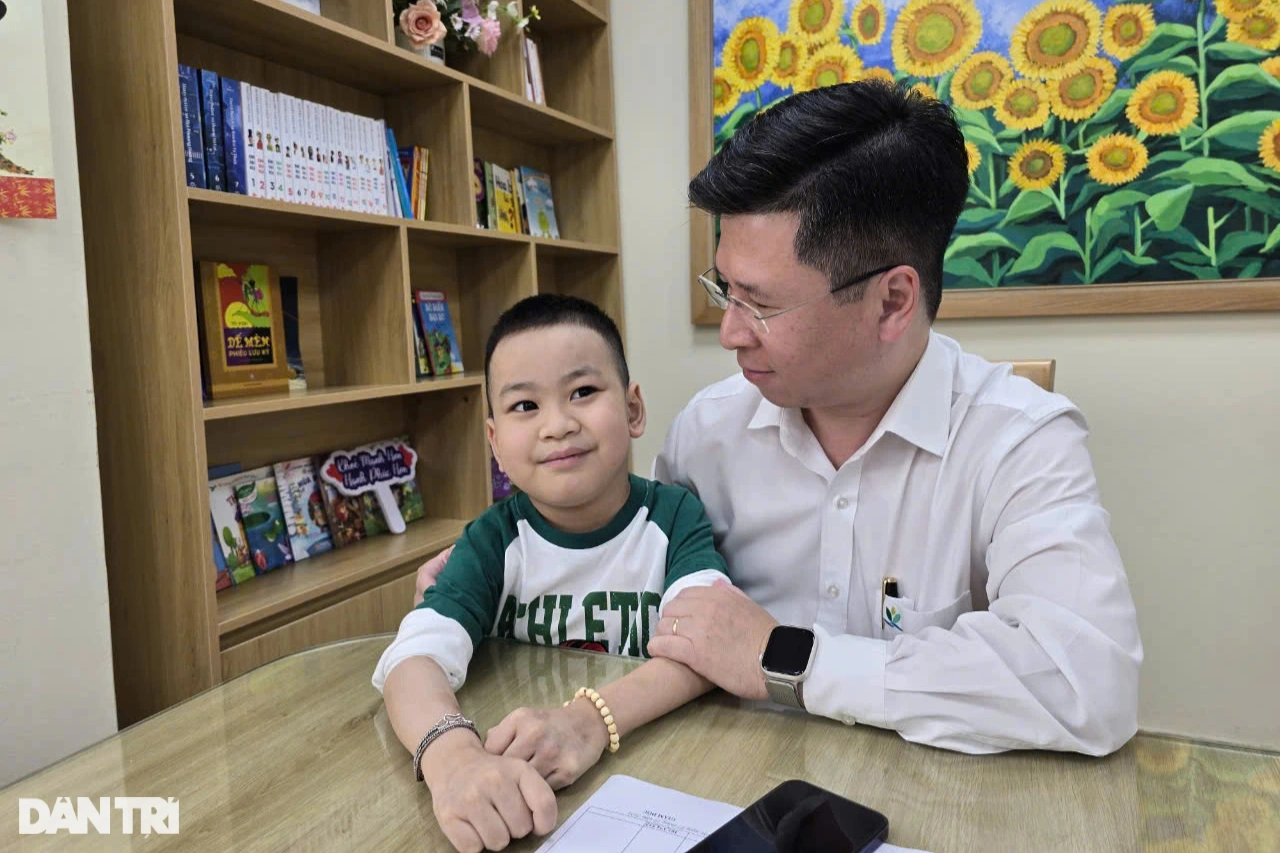

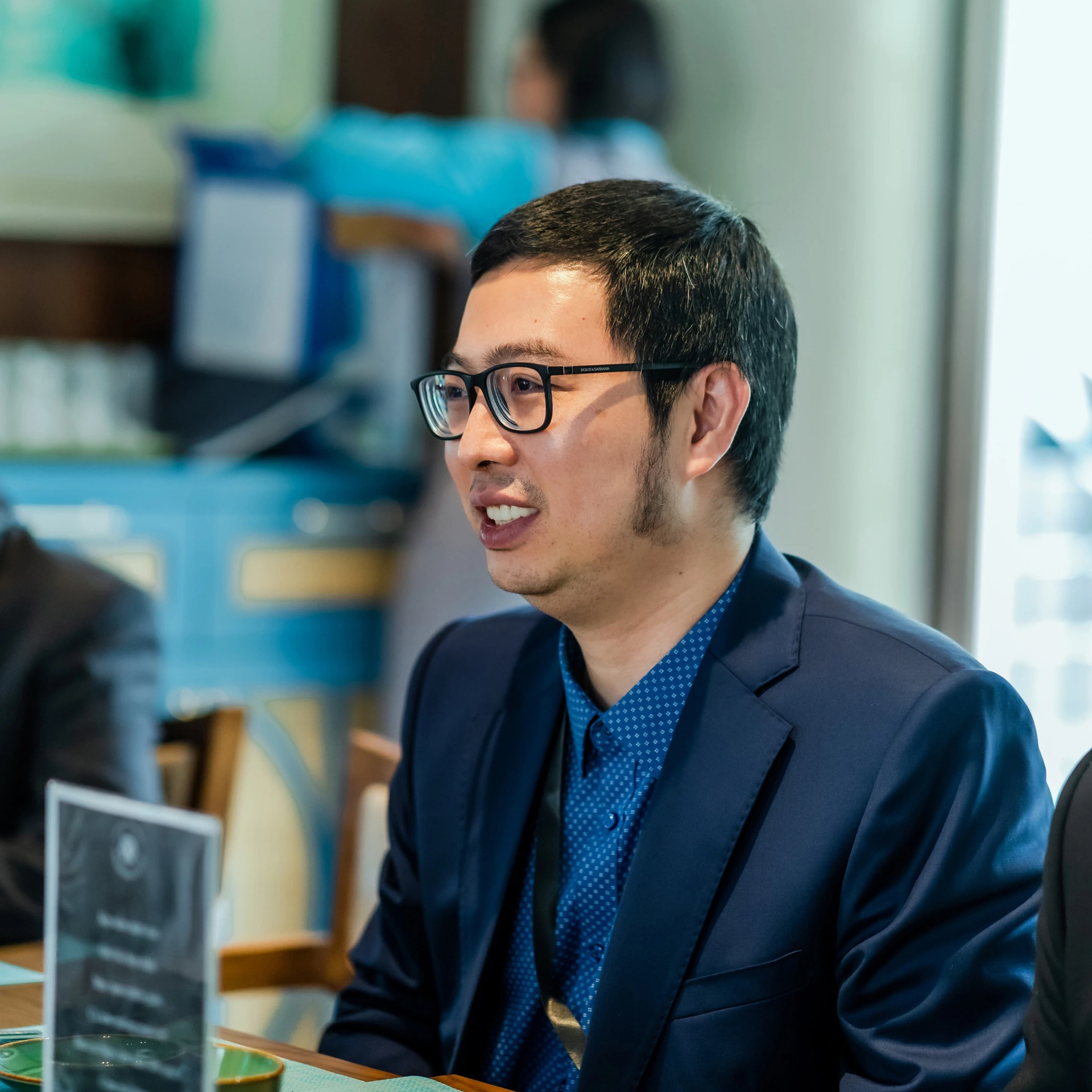

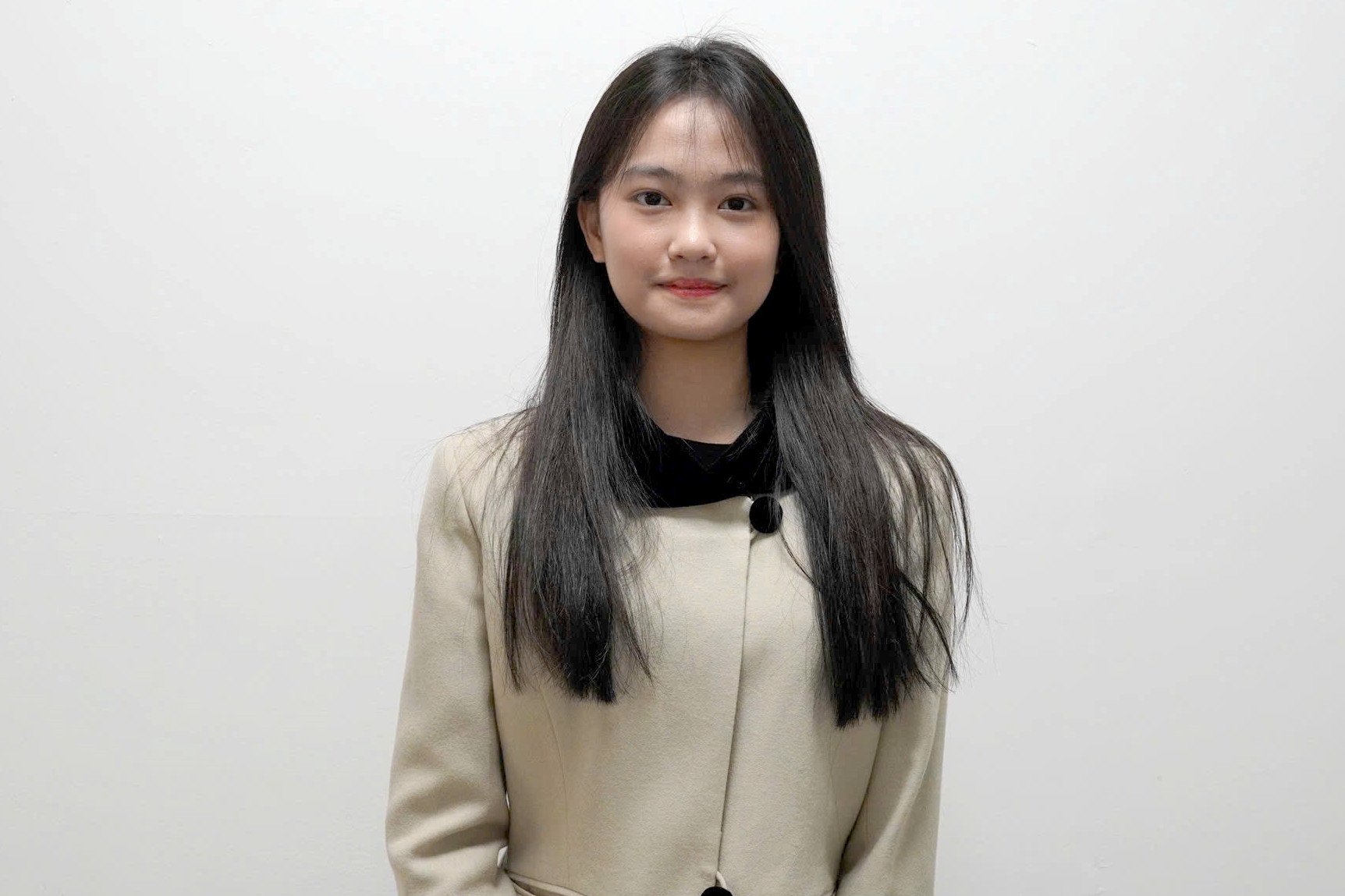

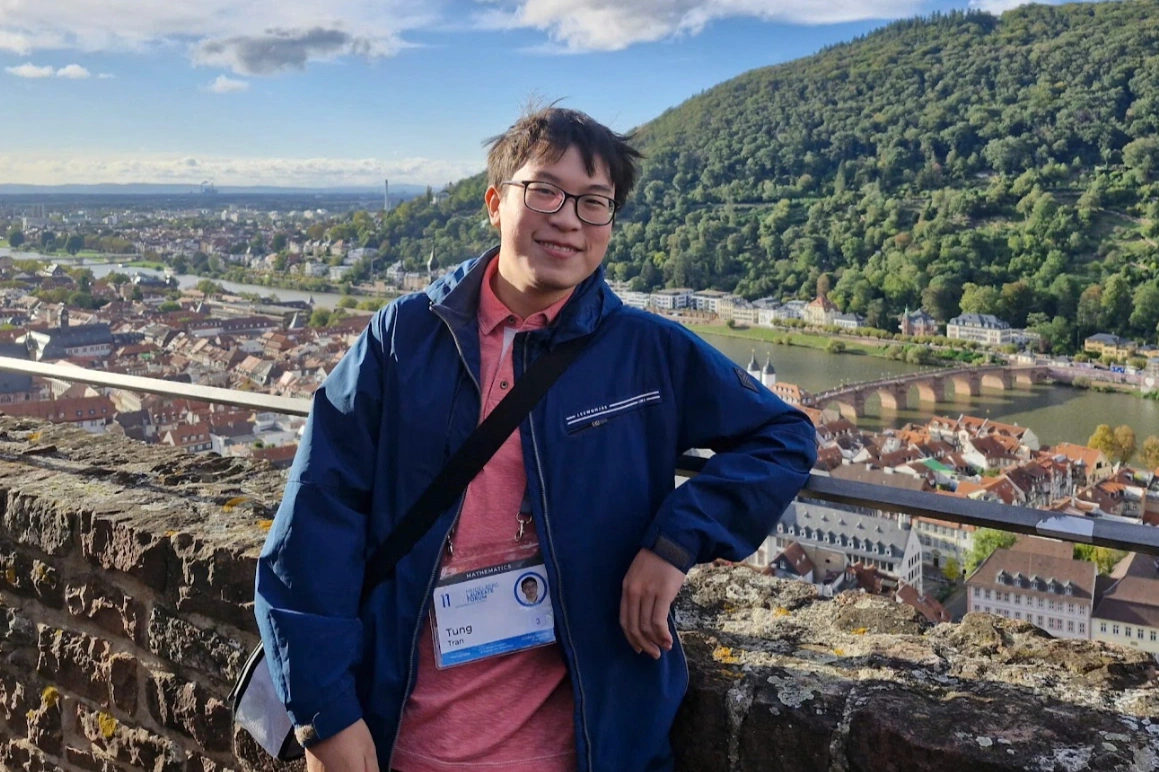




Comment (0)